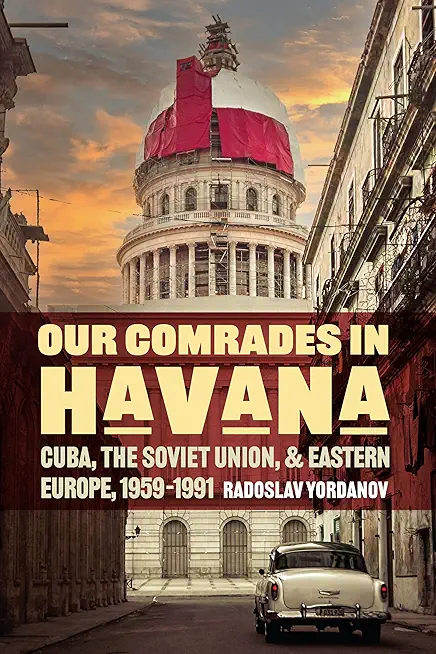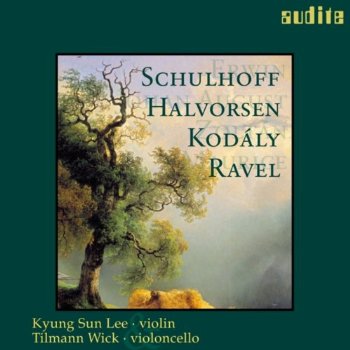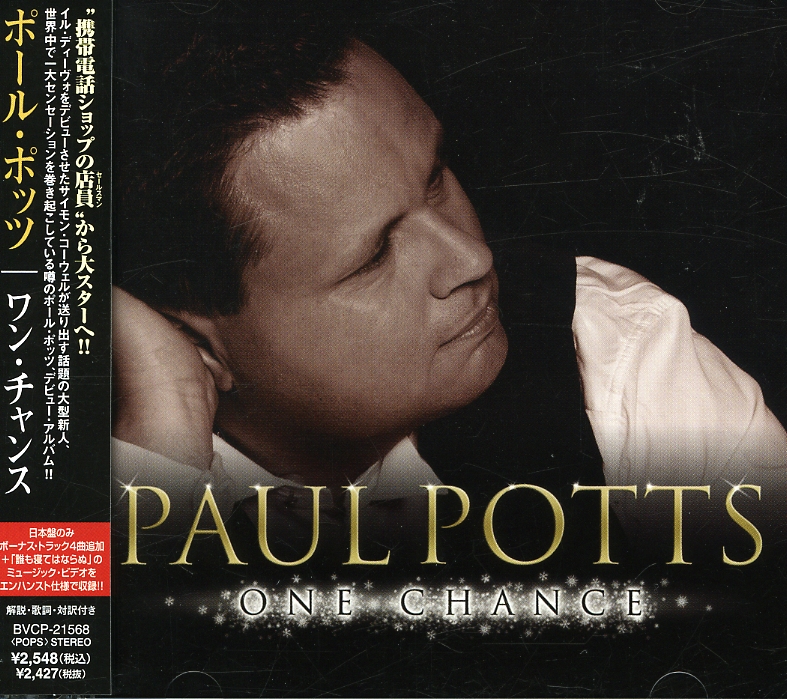
Yordanov, Radoslav
Outside of their roles as representatives of their respective states, Eastern European diplomats were entrusted with the task of educating local Cuban leadership in the intricacies of Marxism-Leninism, steering Cuba's governors onto the "correct path of development," helping them eradicate "erroneous ideas" of economic development, and showing them the validity of socialist "morals and ideology." By considering these developments and analyzing firsthand accounts of Eastern European diplomats' experiences in Havana, historian Radoslav Yordanov reconstructs the thinking of Eastern European diplomats and specialists in their dealings with Cuba from the 1959 Cuban revolutionary victory to the 1991 dissolution of the Soviet Union, shedding new light on Cuba's role in the global Cold War.
member goods
listens & views

LARRY BANKS SOUL FAMILY ALBUM ...
by LARRY BANKS SOUL FAMILY ALBUM / VARIOUS (UK)
COMPACT DISCout of stock
$12.99






